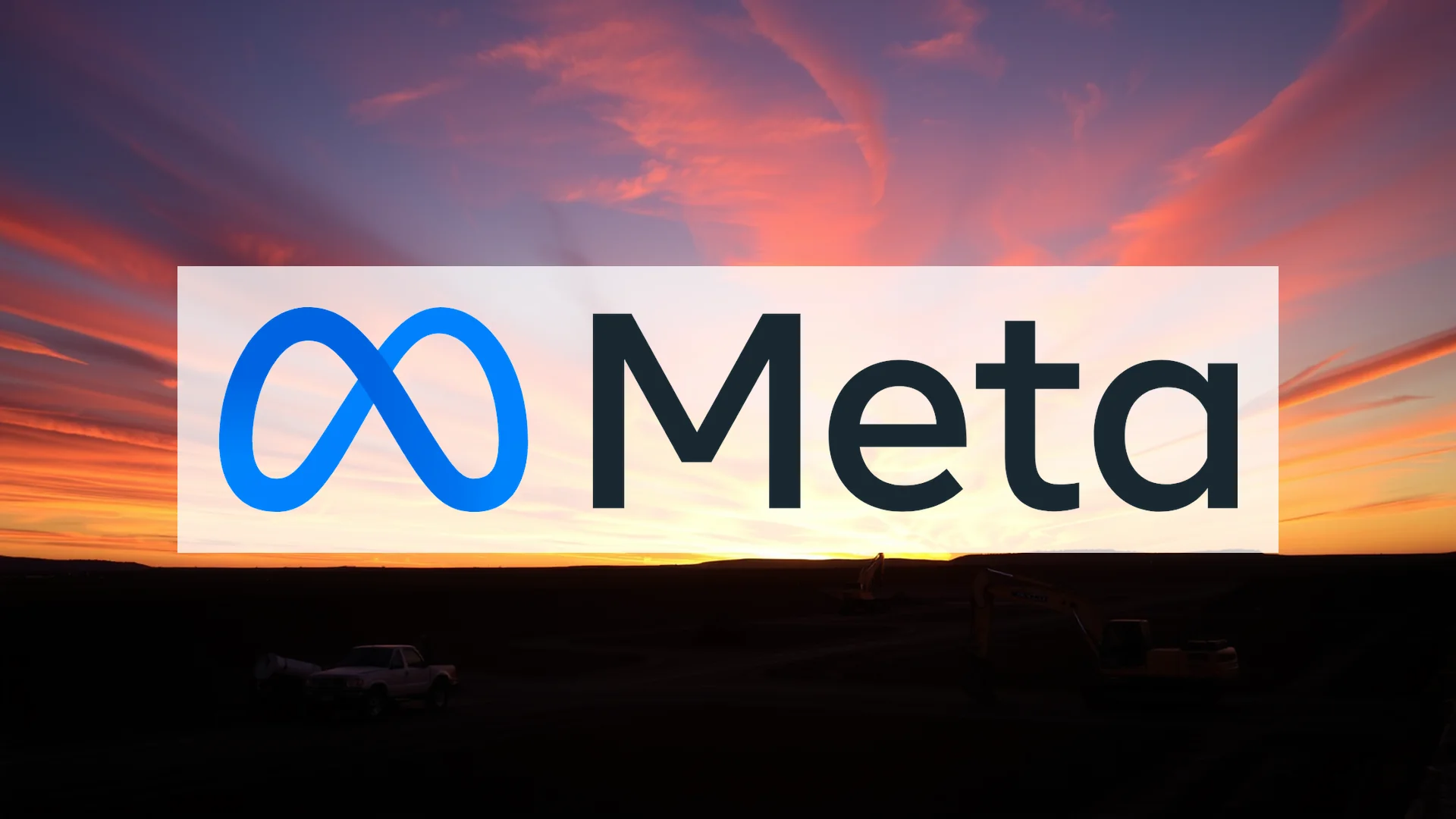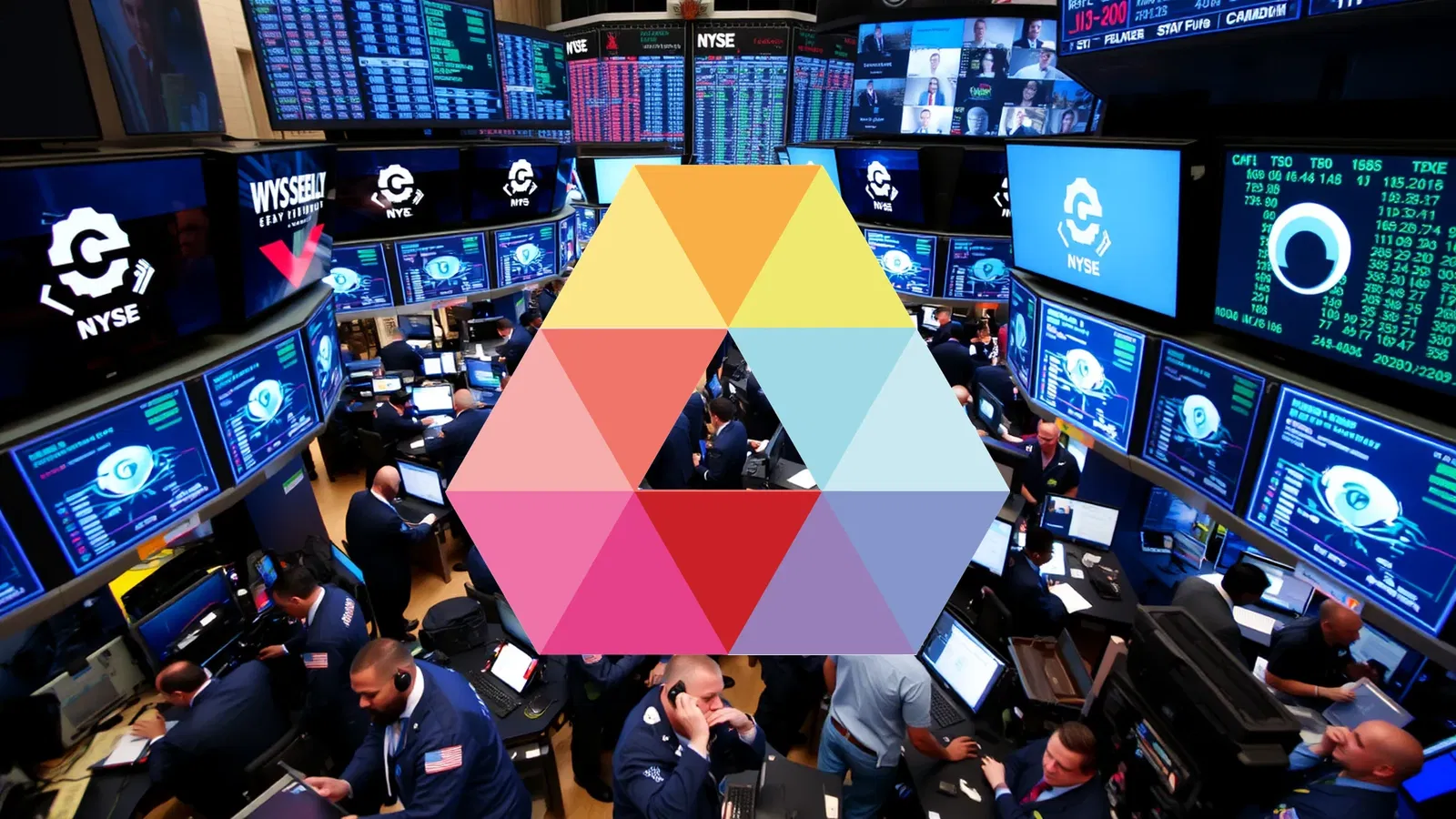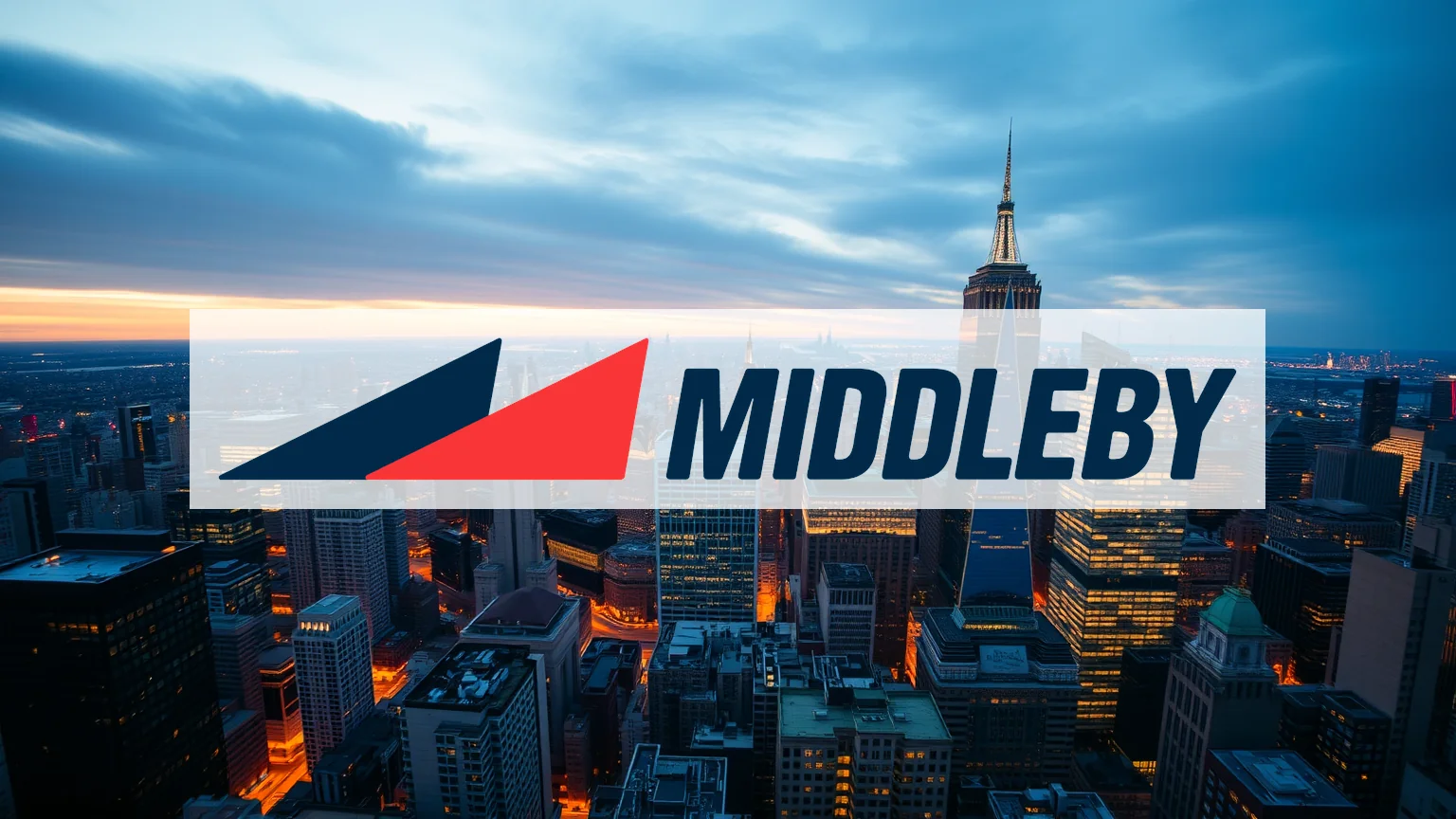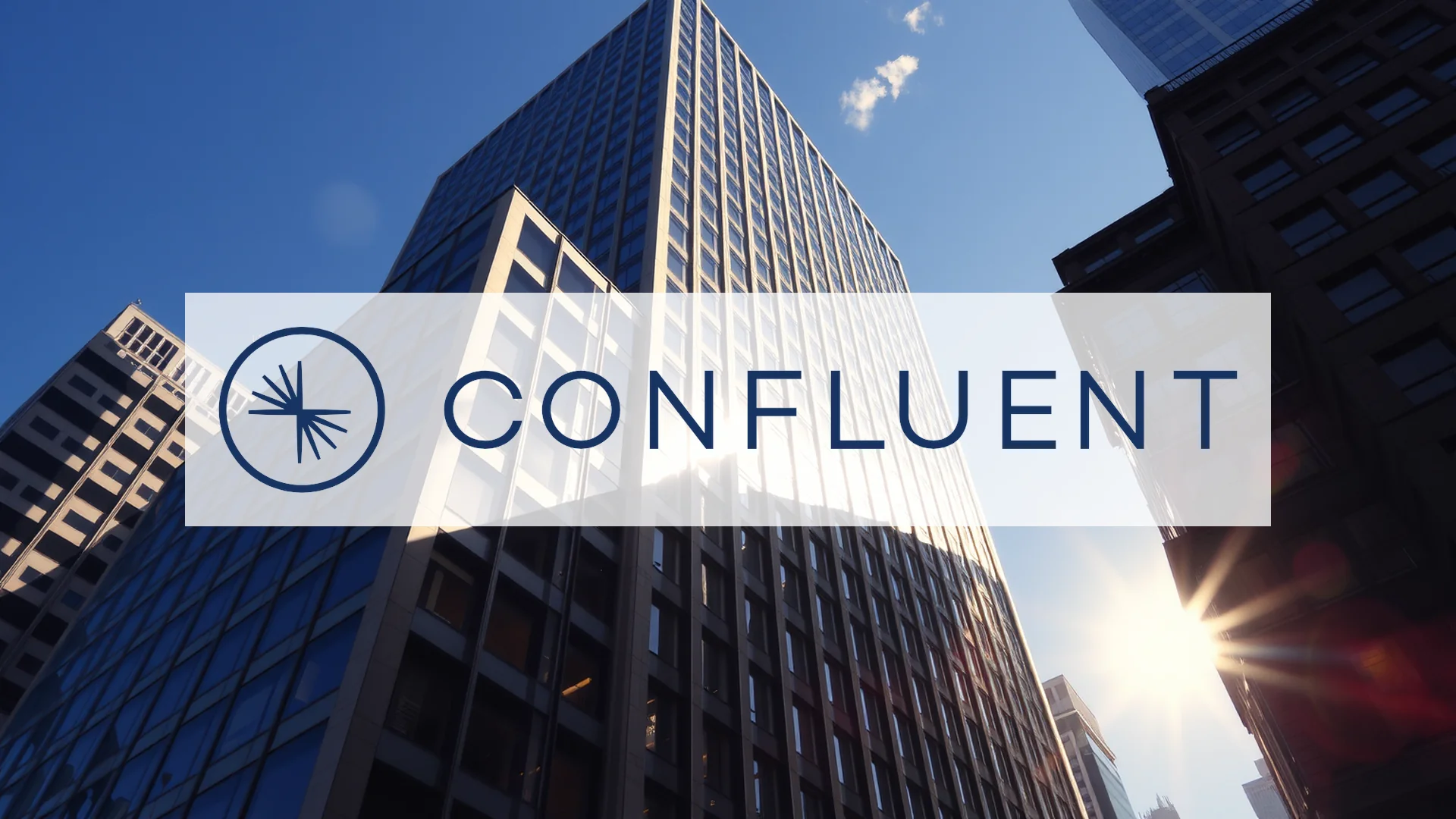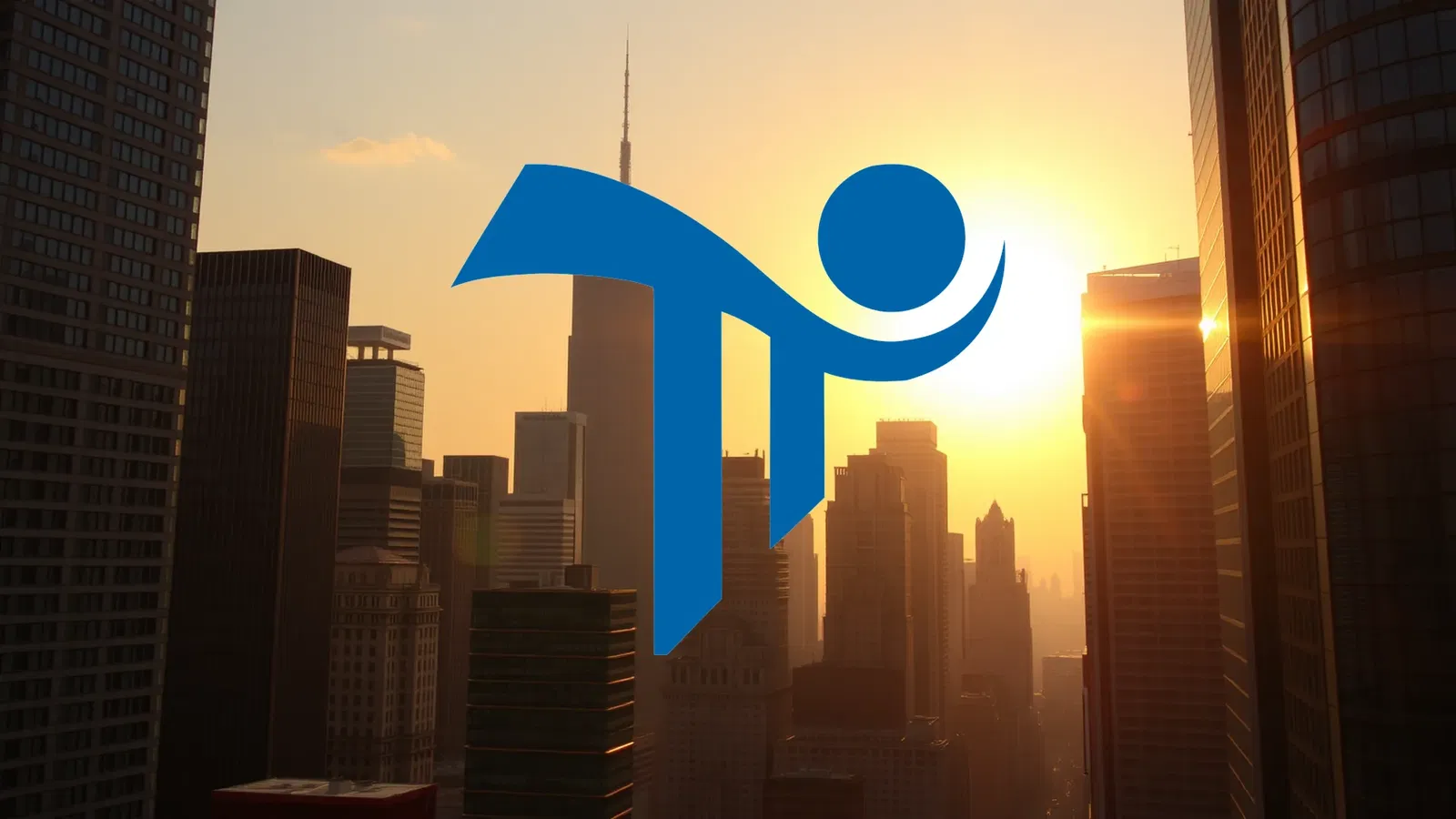Meta finds itself navigating one of its most significant regulatory challenges to date, with the European Commission preparing formal charges under the Digital Services Act (DSA). The allegations center on the company’s purported failure to implement an effective system for users to report and remove illegal content from its platforms. This move by Brussels could result in penalties reaching up to 6% of Meta’s global annual revenue, a figure translating into billions of dollars and potentially ranking among the largest fines ever imposed on a technology firm.
Concurrently, Meta has announced a strategic pivot in the United Kingdom. Following discussions with the UK’s Information Commissioner’s Office (ICO), the social media giant will introduce a new, ad-free subscription model. This offers users a choice between a paid version without advertisements and the traditional free service supported by personalized ads. The company has positioned this development as a victory for a “growth-friendly and innovation-centric” regulatory approach, using the occasion to sharply criticize what it labels “regulatory overreach” from the European Union.
A Tale of Two Regulatory Approaches
The contrasting strategies highlight a growing divergence in how European regulators are approaching Big Tech. While the EU leverages the sweeping powers of the DSA—already deployed against other companies like TikTok and X—the post-Brexit UK is charting a different course. Meta’s forceful rebuttal of the EU’s preliminary findings emphasizes its ongoing dialogue with regulators, but the situation remains volatile. The company’s upcoming quarterly results on October 29th are highly anticipated, with many market analysts maintaining “Strong Buy” recommendations despite the regulatory turbulence.
Should investors sell immediately? Or is it worth buying Meta?
AI Expansion Amidst Core Business Challenges
In a paradoxical development, Meta continues to advance its ambitions in artificial intelligence even as its core social media products face intense scrutiny. The European Commission has granted approval for a joint venture between Meta and India’s Reliance Industries, focused on providing AI services to businesses. This signals a determined push to build the company’s future beyond Facebook and Instagram.
However, this expansion has not been without its own setbacks. The recent launch of “Vibes,” a feed consisting entirely of AI-generated video clips, was met with immediate and harsh criticism, with some detractors dismissing the product as “AI garbage.”
The coming weeks will be critical for Meta as it attempts to balance these multifaceted challenges. The outcome of the EU’s proceedings and the market’s reception of its new subscription model will significantly influence its trajectory in the European market.
Ad
Meta Stock: Buy or Sell?! New Meta Analysis from February 8 delivers the answer:
The latest Meta figures speak for themselves: Urgent action needed for Meta investors. Is it worth buying or should you sell? Find out what to do now in the current free analysis from February 8.
Meta: Buy or sell? Read more here...

